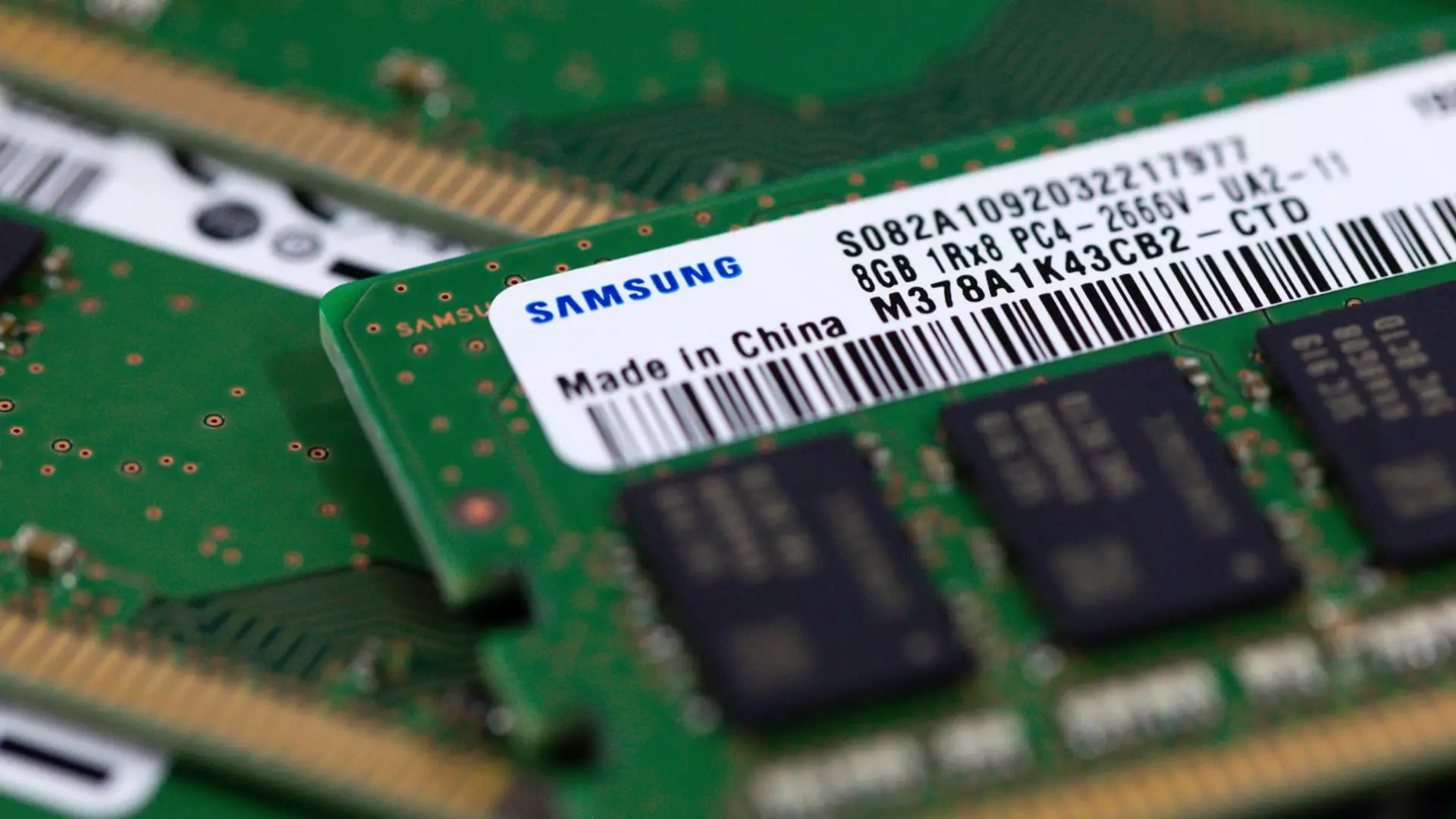The tech and chip-related stocks in Asia took a hit on Thursday, following the release of Nvidia’s second-quarter results. Companies with direct ties to the U.S. tech giant, such as South Korean chipmakers SK Hynix and Samsung Electronics, experienced the most significant losses. SK Hynix, known for manufacturing high bandwidth memory chips for Nvidia, saw its shares plummet by as much as 6.74%. Similarly, Samsung Electronics, a top-weighted stock on South Korea’s Kospi, dropped by 3.8%. Though the extent of Samsung’s partnership with Nvidia remains unclear, reports suggest that the former could be producing HBM chips for some Nvidia products. This uncertainty contributed to the decline in their stock prices. Suppliers like Taiwan Semiconductor Manufacturing Company and Foxconn also witnessed losses of up to 2.8% and 2.96%, respectively.
Spillover Effect on Tech Stocks in Japan and Hong Kong
The impact of Nvidia’s results extended beyond direct suppliers to other tech stocks in the region. Japanese semiconductor companies like Renesas, Advantest, and Tokyo Electron experienced declines of 3.2%, 3.6%, and 3.49%, respectively. In Hong Kong, Chinese chipmakers like SMIC and Hua Hong Semiconductor, despite having limited connections to Nvidia, also saw their stock prices fall. The market reaction underscores the interconnectedness of the global tech industry, where developments in one part of the world can have ripple effects across regions.
While Nvidia exceeded quarterly revenue and earnings per share expectations, concerns over its future growth trajectory weighed on investor sentiment. Luke Rahbari, CEO of Equity Armor Investments, noted that Nvidia had consistently outperformed analysts’ projections in the past, leading to high expectations in the market. However, the recent results indicate a potential slowdown in growth, causing some investors to reevaluate their positions. Despite this, Rahbari expressed confidence in Nvidia’s dominant position within the industry, emphasizing the company’s unique market position.
Nvidia’s gross margin declined to 75.1%, below the prior period’s figure of 78.4%, raising some concerns among investors. The company’s annual gross margin forecast also fell short of analysts’ estimates, further contributing to the negative market sentiment. Mark Lushcini, chief investment strategist at Janney Montgomery Scott, downplayed the impact of the stock price decline, attributing it to a mere “rounding error.” Lushcini pointed out Nvidia’s remarkable performance this year, with shares rising by approximately 150% year-to-date. While acknowledging the slowdown in growth over the past few quarters, he highlighted the company’s overall positive trajectory and growth prospects.
Overall, the reaction of Asian tech stocks to Nvidia’s second-quarter results highlights the interconnected nature of the global tech industry. Companies with direct and indirect ties to Nvidia experienced stock price declines, reflecting concerns over the tech giant’s future growth potential. As analysts and investors assess Nvidia’s performance, the industry remains closely attuned to developments in the semiconductor market and the broader tech sector.


Leave a Reply